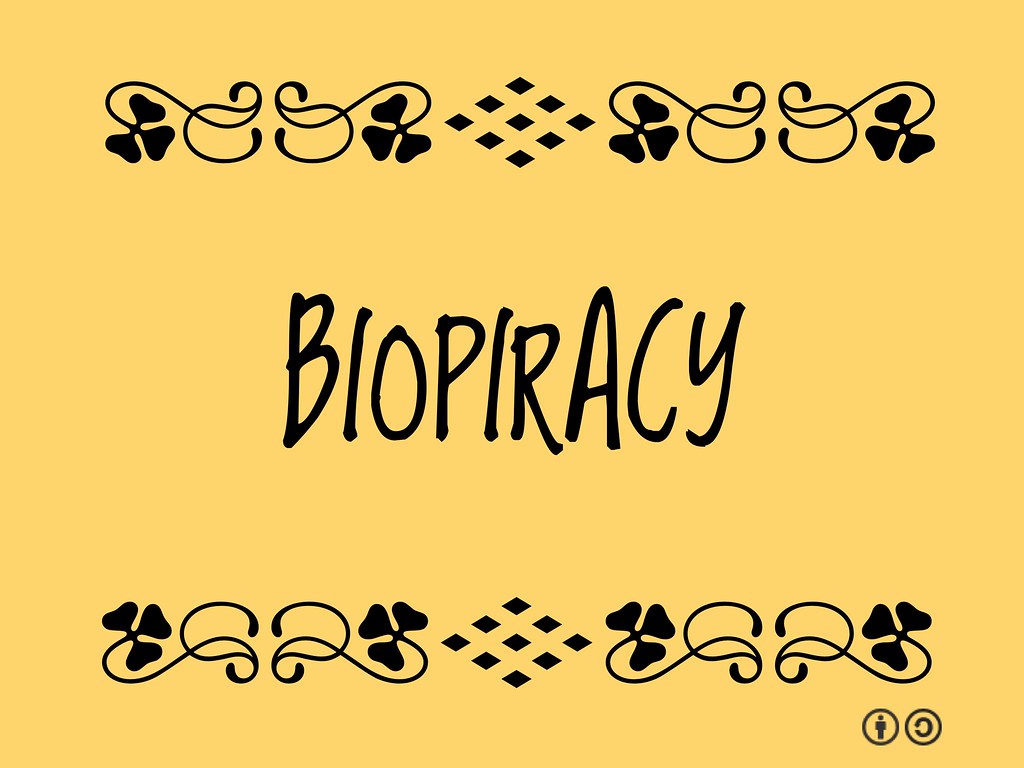ETHICAL ISSUES
Navigating Ethical Waters in Genetic Manipulation
Need for Ethical Standards:
- Regulation Imperative: Manipulation of living organisms requires ethical standards to assess the morality of activities impacting these organisms.
- Biological Significance: Beyond morality, consideration of biological consequences crucial.
Biological Significance:
- Unpredictable Ecosystem Impact: Genetic modification of organisms can yield unpredictable results upon introduction into ecosystems.
Government Intervention:
- Indian Government Initiatives: Establishes GEAC (Genetic Engineering Approval Committee).
- Role: Decisions on the validity of GM research and safety assessments for introducing GM organisms into public services.
- Indian Government Initiatives: Establishes GEAC (Genetic Engineering Approval Committee).
Challenges in Living Organism Modification:
- Public Service Applications: Usage/modification of living organisms for public services (e.g., food and medicine) faces challenges.
- Patent Predicaments: Patent issues arise as companies secure patents for products and technologies utilizing genetic materials, plants, and biological resources.
Public Concerns:
- Growing Anger: Public discontent over companies obtaining patents for resources traditionally used by farmers and indigenous communities.
- Resource Ownership Debate: Debate on the ownership of genetic materials, plants, and biological resources extensively used by specific regions or countries.
Preserving India’s Agricultural Heritage: A Call to Vigilance
Historical Richness of Rice:
- Agricultural Legacy: Rice, integral to Asia’s agriculture for millennia.
- Indian Diversity: India boasts around 200,000 rice varieties, among the world’s richest diversities.
The Unique Basmati Rice:
- Distinctive Qualities: Basmati rice, with a unique aroma and flavor.
- Cultural Roots: Woven into ancient texts, folklore, and poetry, cultivated for centuries.
Challenges to Basmati Heritage:
- Patent Controversy: In 1997, a US company secured patent rights on Basmati rice.
- Derivation: The patented “new” Basmati derived from Indian farmer varieties.
- Patent Scope: Extended to functional equivalents, potentially limiting others selling Basmati rice.
- Patent Controversy: In 1997, a US company secured patent rights on Basmati rice.
Threats to Herbal Medicines:
- Patent Attempts: Similar attempts to patent Indian traditional herbal medicines (e.g., turmeric, neem).
- Risk of Exploitation: Vigilance needed to counter patent applications; failure may lead to foreign encashment on India’s rich legacy.
Biopiracy
Combatting Biopiracy: A Global Ethical Imperative
Biopiracy Defined:
- Unauthorized Resource Use: Multinational companies exploit bio-resources without proper authorization and compensation.
Disparities in Resources:
- Financial vs. Biodiversity Wealth: Industrialized nations are financially rich but biodiversity poor.
- Developing World Richness: Developing nations possess rich biodiversity and traditional knowledge.
Potential of Traditional Knowledge:
- Modern Applications: Traditional knowledge can fuel modern applications.
- Commercialization Efficiency: Speeds up and reduces costs in the commercialization process.
Addressing Global Injustice:
- Inequitable Compensation: Growing realization of injustice and inadequate compensation between developed and developing nations.
- Legal Measures: Nations developing laws to prevent unauthorized exploitation of bio-resources and traditional knowledge.
Indian Legislative Response:
- Amendment to Patents Bill: Indian Parliament clears the second amendment to the Indian Patents Bill.
- Considerations: Addresses issues like patent terms, emergency provisions, and research and development initiatives.
- Amendment to Patents Bill: Indian Parliament clears the second amendment to the Indian Patents Bill.



